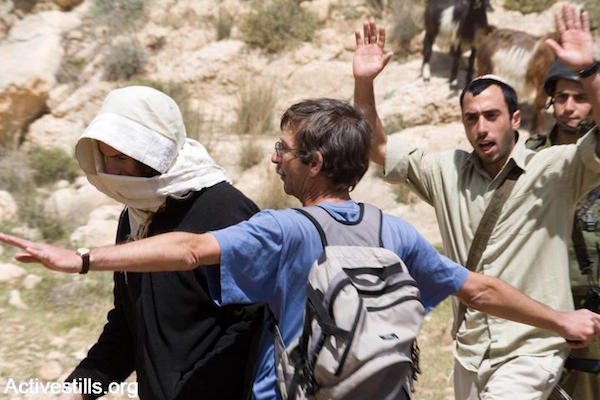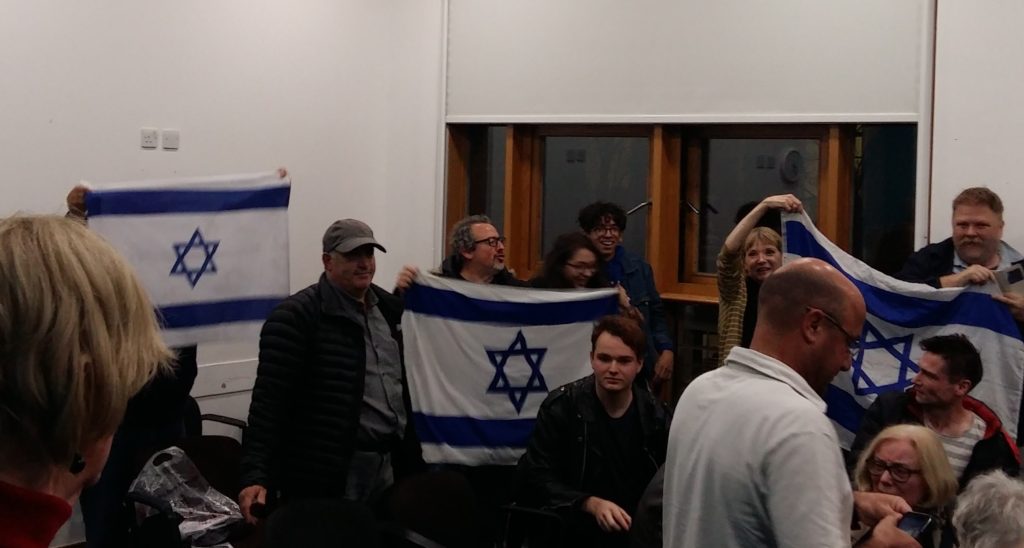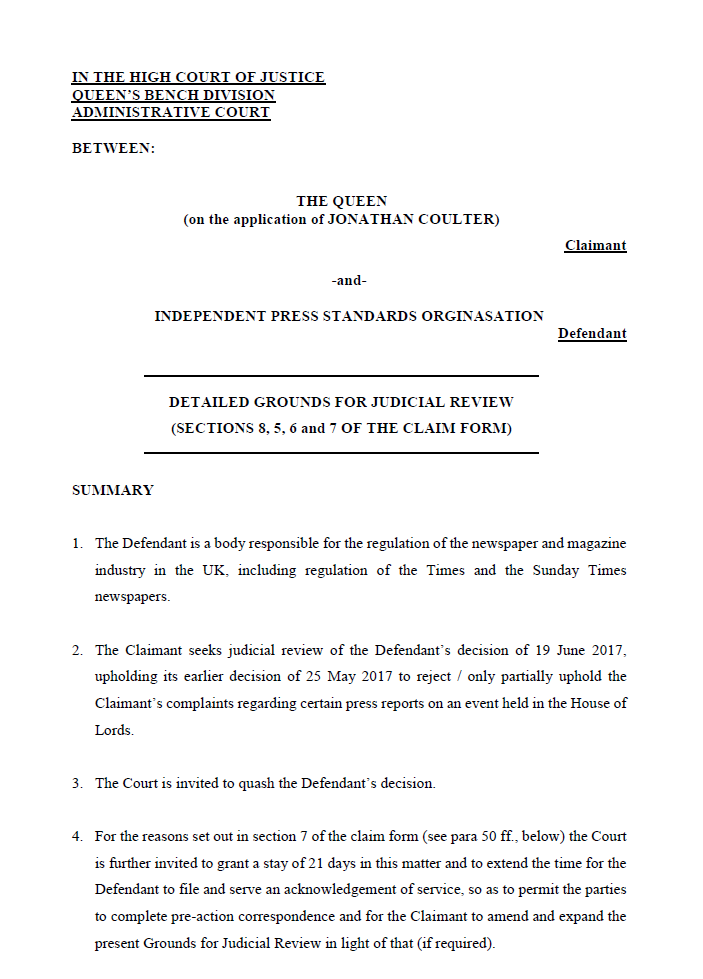Mike Cushman
Theresa May misled the British public by pretending that the IHRA definition of antisemitism included the examples linking antisemitism to criticism of Israel and urging all public bodies to collude in this chilling of free speech.
A year ago, Theresa May urged all UK public bodies to adopt the IHRA (International Holocaust Remembrance Alliance) document on antisemitism. The document contained a 39 word definition:
Antisemitism is a certain perception of Jews, which may be expressed as hatred toward Jews. Rhetorical and physical manifestations of antisemitism are directed toward Jewish or non-Jewish individuals and/or their property, toward Jewish community institutions and religious facilities
It also lists 11 illustrative examples of antisemitism, seven of them relating to Israel.
It has always seemed strange that the IHRA website contained no details of the document’s adoption and the only record of it is a press release from the Romanian chair. ECCP (European Coordination of Committees and Associations for Palestine) has pressed hard to discover what lay behind this strange lack of documentation and has finally obtained confirmation from the IHRA secretariat that, while the 39 word definition was adopted, the examples were not. Continue reading “Theresa May’s antisemitism fraud”



 On the evening of November 28th, 2017 the New School for Social Research in Manhattan, an institution long devoted to progressive politics and cultural critique, held an event entitled “Antisemitism and the Struggle for Justice.” It was in part a celebration of the book On
On the evening of November 28th, 2017 the New School for Social Research in Manhattan, an institution long devoted to progressive politics and cultural critique, held an event entitled “Antisemitism and the Struggle for Justice.” It was in part a celebration of the book On 
